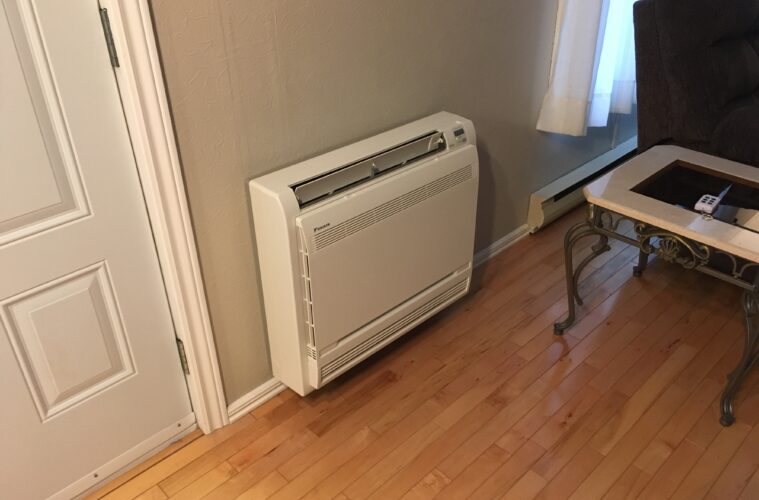When it comes to heating and cooling your home, heat pumps are an incredibly efficient and eco-friendly solution. They offer year-round comfort by transferring heat energy between the inside and outside of your home. While most people are familiar with air-source heat pumps, there are several other types of heat pumps that serve various purposes and excel in different environments. In this comprehensive guide, we will explore the different types of heat pumps available and discuss their unique characteristics, advantages, and applications. We’ll even touch on the innovative cold climate heat pumps that have revolutionized heating in colder regions.
7 Heat Pump Types
1. Air-Source Heat Pumps
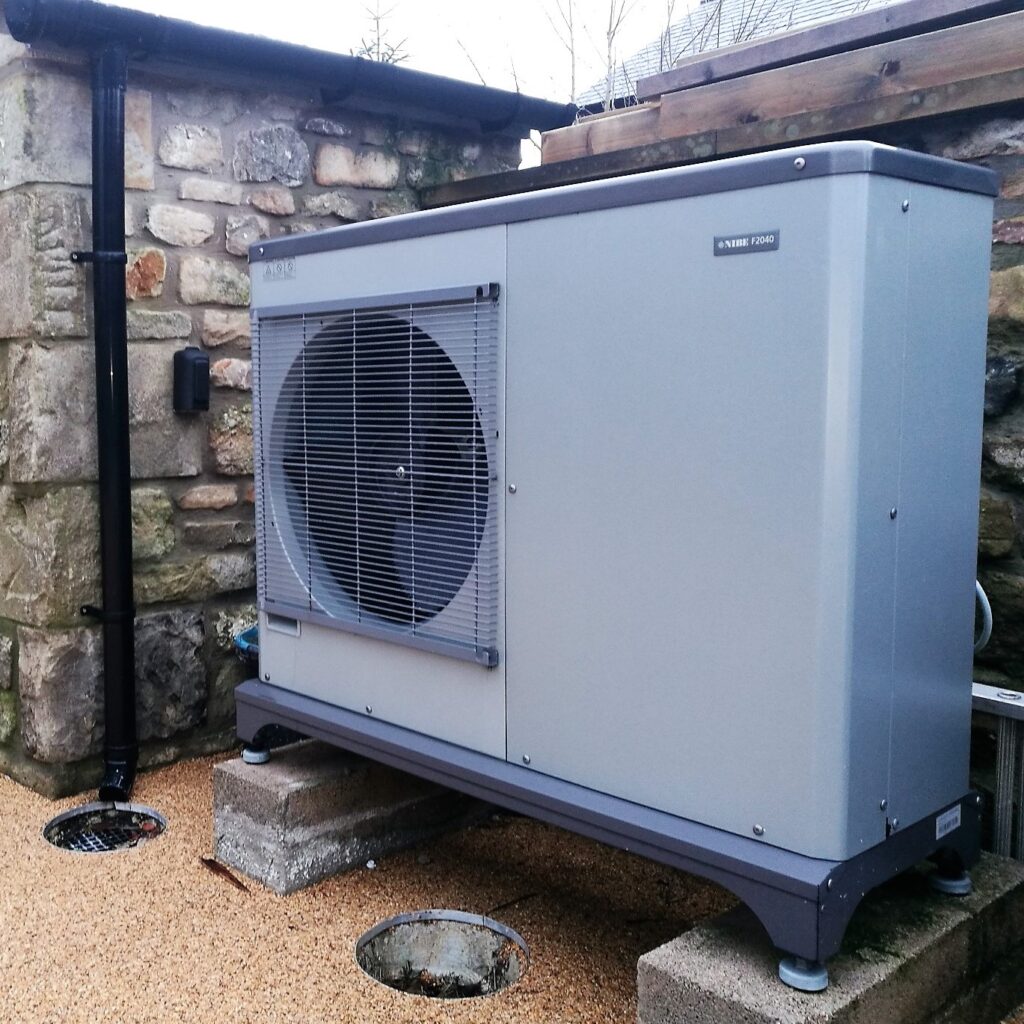
source: pinterest.com
Air-source heat pumps (ASHPs) are perhaps the most common and widely recognized type of heat pump. They work by absorbing heat from the outdoor air and transferring it indoors to heat your home during the winter. In the summer, the process is reversed, allowing the ASHP to remove heat from your indoor space and release it outside to cool your home.
Advantages of Air-Source Heat Pumps:
– Energy-efficient and cost-effective for moderate climates.
– Easy installation, making them a popular choice for retrofits.
– Can provide both heating and cooling in a single system.
Applications:
– Suitable for most residential and commercial buildings.
– Ideal for regions with mild to moderate climates.
2. Cold Climate Heat Pumps
Cold climate heat pumps are designed specifically for regions with extremely cold temperatures. They are a subset of air-source heat pumps but incorporate advanced technology to maintain efficient heating performance even in subzero conditions. These heat pumps are a game-changer for homeowners in cold climates.
Advantages of Cold Climate Heat Pumps:
– Maintain heating efficiency in freezing temperatures.
– Reduce reliance on traditional heating systems, saving energy and money.
– Suitable for regions with harsh winter climates.
Applications:
– Ideal for residential and commercial properties in cold climates.
– Retrofitting existing heating systems to improve efficiency.
3. Ground-Source Heat Pumps (Geothermal Heat Pumps)
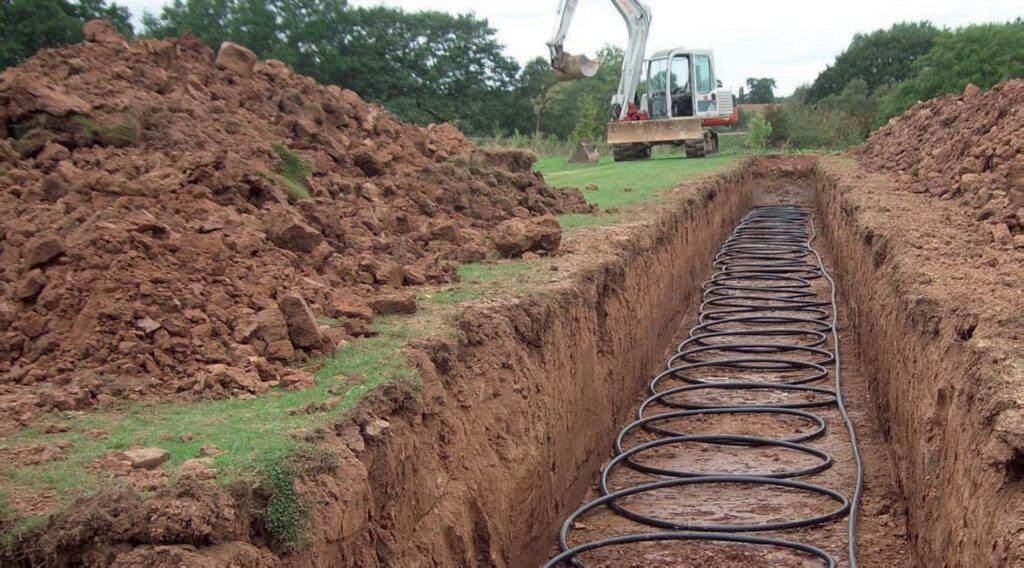
source: pinterest.com
Ground-source heat pumps (GSHPs), also known as geothermal heat pumps, tap into the stable temperature of the earth to provide heating and cooling. They use a loop of underground pipes filled with a heat transfer fluid to exchange heat with the ground. GSHPs are highly efficient, even in extreme climates, and are known for their consistent performance.
Advantages of Ground-Source Heat Pumps:
– Exceptional energy efficiency, with lower operating costs.
– Long lifespan and low maintenance requirements.
– Can be used in various climates, including colder regions.
Applications:
– Ideal for homes, commercial buildings, and industrial facilities.
– Well-suited for both heating and cooling.
– Highly efficient in extreme climates.
4. Water-Source Heat Pumps
Water-source heat pumps (WSHPs) are another variation of heat pump technology. Instead of using outdoor air or the ground, WSHPs exchange heat with a water source, such as a lake, river, or well. They are particularly popular in areas where water sources are readily available.
Advantages of Water-Source Heat Pumps:
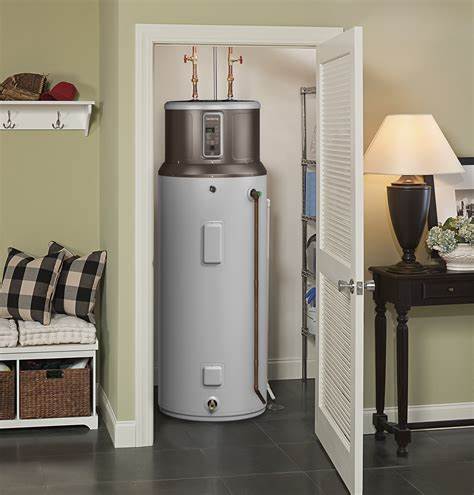
source: pinterest.com
– Highly efficient and versatile, especially in areas with abundant water sources.
– Consistent performance due to stable water temperatures.
– Can be used for both residential and commercial applications.
Applications:
– Commonly used in larger commercial buildings, hotels, and industrial facilities.
– Suitable for regions with access to water bodies or wells.
5. Dual-Fuel Heat Pumps
Dual-fuel heat pumps combine the efficiency of an electric heat pump with a backup fossil fuel furnace, typically powered by natural gas or propane. These systems automatically switch between the heat pump and the furnace based on outdoor temperatures, optimizing energy use and cost-effectiveness.
Advantages of Dual-Fuel Heat Pumps:
– Energy-efficient and cost-effective, especially in colder climates.
– Reliable heating performance during extreme weather conditions.
– Reduced reliance on fossil fuels while maintaining comfort.
Applications:
– Popular in regions with harsh winters and fluctuating energy costs.
– Suitable for residential and commercial heating applications.
6. Mini-Split Heat Pumps
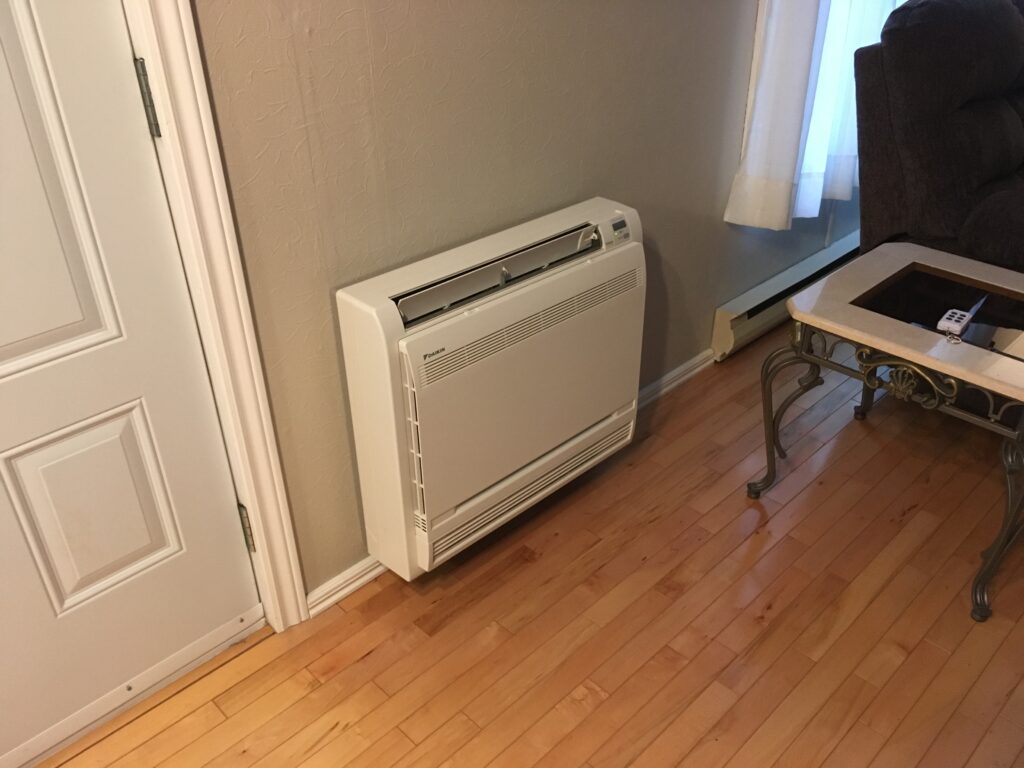
source: pinterest.com
Mini-split heat pumps, also known as ductless heat pumps, offer a versatile and energy-efficient solution for heating and cooling individual rooms or zones within a building. They consist of an indoor unit and an outdoor compressor, connected by refrigerant lines. Mini-splits provide precise temperature control and are easy to install.
Advantages of Mini-Split Heat Pumps:
– Zoned heating and cooling for enhanced comfort and energy savings.
– No need for ductwork, reducing installation costs.
– Suitable for both residential and commercial applications.
Applications:
– Ideal for retrofitting older homes without duct systems.
– Great for room additions or specific zones within a building.
– Suitable for regions with moderate climates.
7. Absorption Heat Pumps
Absorption heat pumps are a less common but intriguing type of heat pump that uses a heat source such as natural gas, propane, or solar energy to drive the heat exchange process. These systems are often used in industrial and commercial settings and are known for their reliability and low operating costs.
Advantages of Absorption Heat Pumps:
– Can utilize a variety of heat sources, including renewable energy.
– Highly efficient and cost-effective in specific applications.
– Quiet and durable operation.
Applications:
– Commonly found in large commercial and industrial facilities.
– Suitable for locations with access to multiple heat sources.
Heat pumps come in a variety of types, each with their unique advantages and applications. Whether you live in a moderate climate or a frigid winter wonderland, there is likely a heat pump option that can provide efficient heating and cooling for your home or business. From the common air-source and ground-source heat pumps to the versatile water-source and mini-split systems, heat pump technology continues to evolve, offering innovative solutions for a sustainable and comfortable future.
Among these, cold climate heat pumps stand out as a remarkable advancement, enabling homeowners in freezing regions to enjoy the benefits of heat pump technology while reducing their environmental footprint. As technology continues to advance, we can expect even more efficient and environmentally friendly heat pump solutions to emerge, making them an increasingly attractive choice for heating and cooling in a rapidly changing world.

